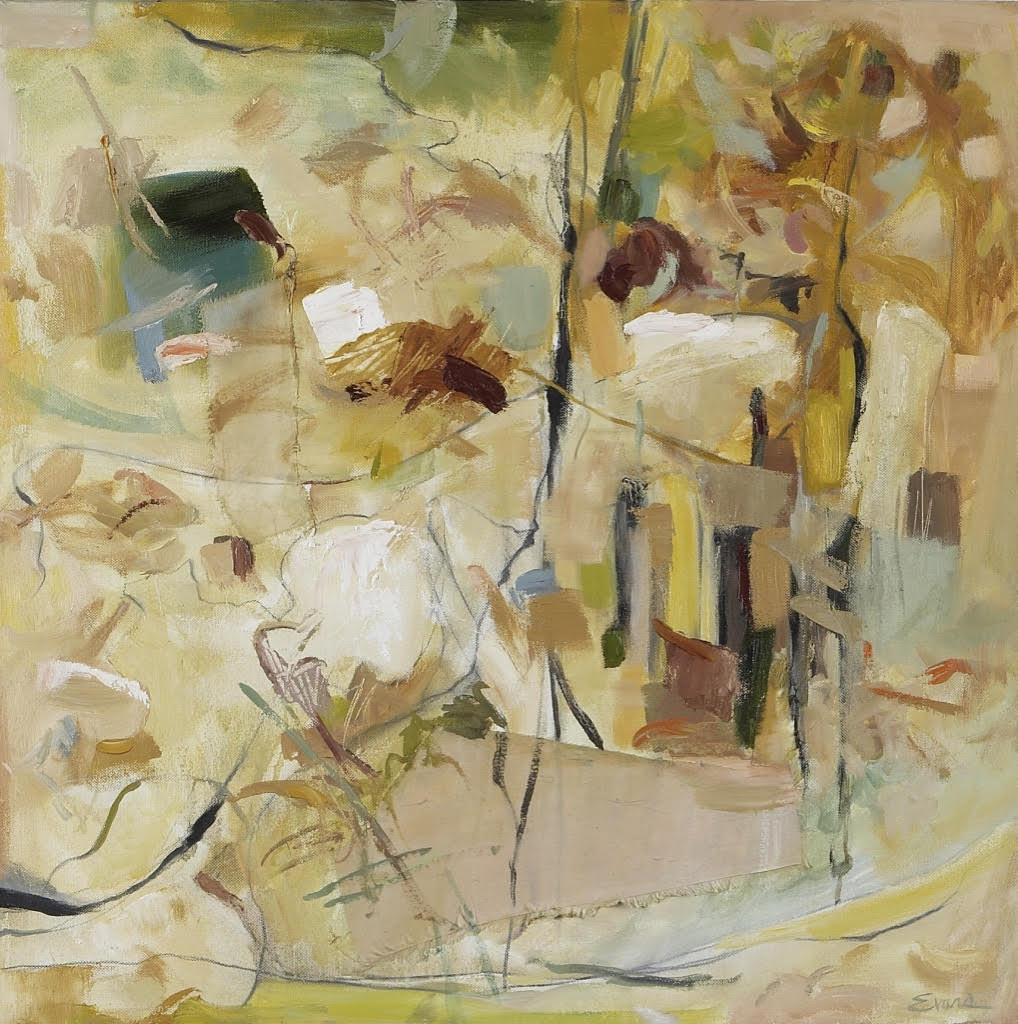Will my child be safe when I send her to school? Will my teenage son be beaten at a traffic stop? Will I be massacred at the grocery store? Will the U.S. top its 40 mass killings so far this year? Will the U.S. default on what it owes for what it already spent? Will incompetent conspiracy-theorists/election deniers/January 6 defenders who are members of the House of Representatives prevent Congress from getting anything done? Will innumerable documents be found throughout every governmental home and office? Will droughts, floods, tornadoes, and other climate disasters increase beyond our wildest imaginations? Will Putin live up to his threat to inject nuclear weapons into the Ukraine War causing WWIII? What might you add to this list?
Fixating on every terrible potential will not mend the fabric of our world. It requires us to go above the fray. We have the ability to demonstrate fortitude, to be kinder, to do good, to care rather than separate from others.
Recently, as any reader of this blog may know, I’ve read three amazing books–nearly totaling 1,500 pages–by three different authors relaying experiences in WWII concentration camps and Soviet Siberian gulags. What came out of my reading these remarkable works was the ideals women managed to hold onto throughout their horrific circumstances. In almost all cases women were incarcerated for concocted reasons without justification or trial. Tens of thousands of women labored from before sunrise to dark, some making/hauling bricks in 35 degree below zero weather, wearing thin cotton garb, some with rags on their feet instead of shoes. Some were force-marched to factories where they worked until spent and replaced. Some were given a bit of bread and watery “soup” once a day, some were given nothing, isolated in dark dungeons or small cages without light, starved, deprived of water, with only lice and rats for company. The horrors inflicted on these women are more than I can relate. Read their books. You will be inspired by how these women survived.
What amazes me is the fortitude, courage, and kind acts they showed one another–a bit of one’s own bread saved and snuck through a crack to a fellow-prisoner in a punishment cell, the sharing of stories, songs (barely whispered when SS guards were near), the gift of a little crucifix carved out of a toothbrush handle for an inmate’s birthday, a chess set made out of old saved bread. Lives were risked daily to help each other. Many suffered beatings when caught trying to lift up a falling friend on a long march (those who fell to the ground were usually shot by SS guards). Sneaking into another barracks to cheer up a friend sick with typhoid was a great risk but often undertaken. So was helping to prevent those mercilessly medically experimented on from multiple surgeries. So was hiding a prisoner who was on a guard’s transport list (due to go to the crematorium). There were so many rules, especially in the German camps, enforced by beatings.Yet these brave women stood their ground innumerable times to help one another.
Yes, hate was also in the camps and gulags–and not just between guards and prisoners. There were 40 nationalities–with differing languages and dialects–in Ravensbruck and nearly as many in the Siberian gulags. The Poles didn’t like the Ukrainians and the Germans didn’t get along with the Poles, and the French were often shunned as weak and lazy. But there were exceptions to these prejudices. Many united in their desire to uplift each other, to hold on to values they cherished, among them love of country, family, freedom, and intellect. The last surprised me. Art history and literature classes–many secretly taught by university professor Karolina Lanckoronska–were popular even among those with slight education. They held tight to their intelligentsia inmates for inspiration. Several were poets. Women wrote poetry on tiny scraps for each other. Others shared prayers or told stories from their particular countries. There was this strong sense among them that learning mattered, classical literature mattered, ideals mattered, religions mattered, right over wrong mattered, the individual mattered [“Please don’t forget me!” the common final words when one left on a transport]. These ideals grounded them, enabled them to endure. These intangibles were all they had. Everything else had been taken from them. Clinging to their ideals they survived and made life worth living.
These women boost my own morale for 2023 and I hope yours. The three books are: Ravensbruck: Life and Death in Hitler’s Concentration Camp for Women by Sarah Helm, copyright 2015; Michelangelo in Ravensbruck: One Woman’s War Against the Nazis by Countess Karolina Lanckoronska [she lived to 104!], copyright 2005; Margarete Buber-Neumann: Under Two Dictators Prisoner of Stalin and Hitler, copyright 2008.
Artwork: Chi Ground, oil, mixed media, collage 24″ x 24″ $975. Chi refers to the vital life force that flows through all living beings, the essence of existence that cannot be destroyed. We are grounded by our values, morals, principles, and spiritual ideals that sustain life.
